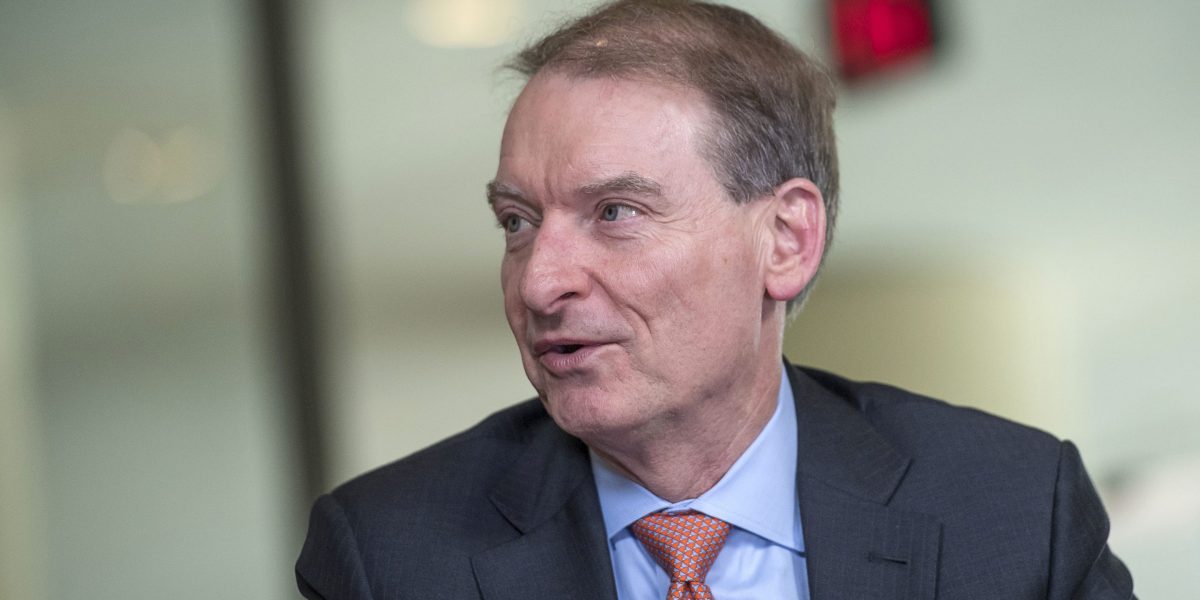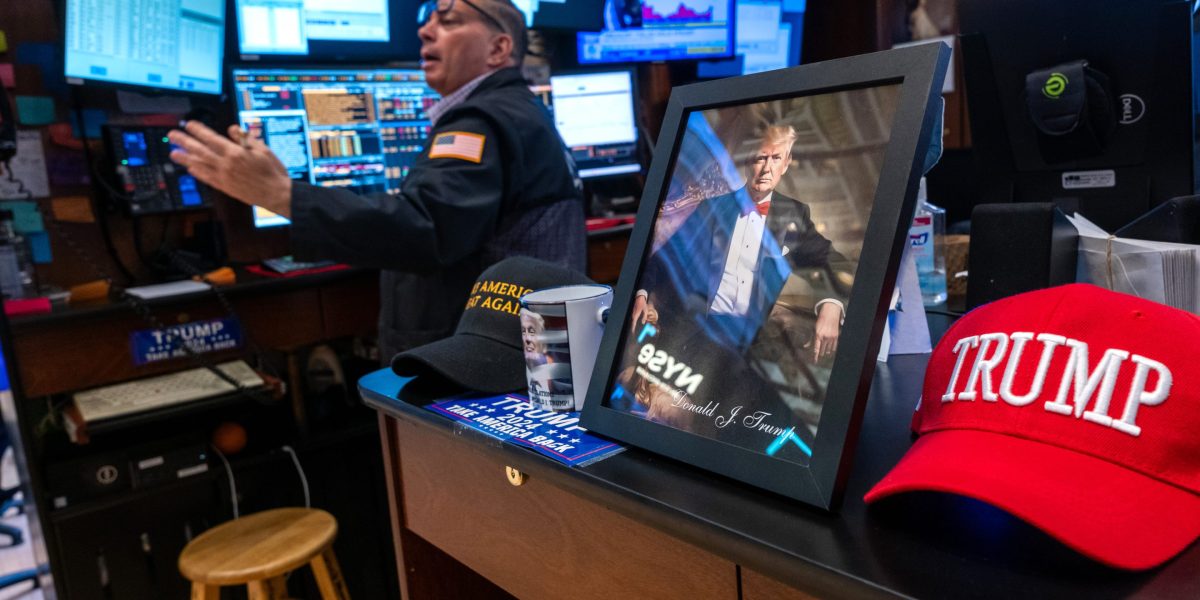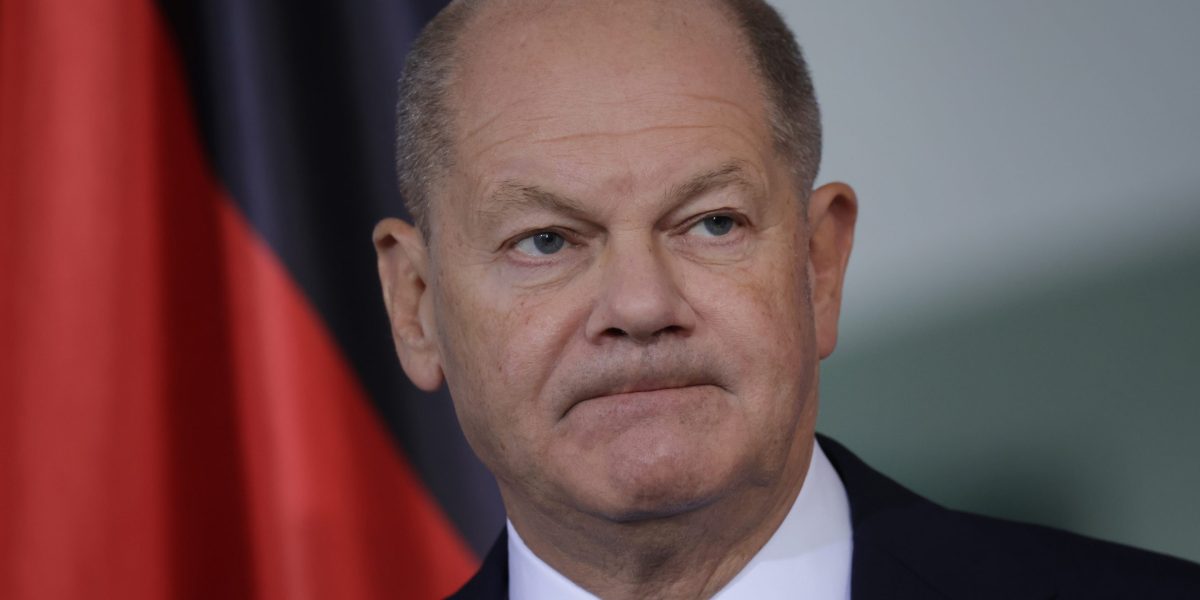Paul Atkins, President Donald Trump’s nominee to chair the Securities and Exchange Commission, is a financial omnivore. He has equity in Chinese tech giant Alibaba, holdings in crypto companies, and stakes in venture capital firms. And he also owns a bulging portfolio of life insurance policies: 54 to be exact, which he holds with his wife and family.
That’s according to a recent ethics disclosure, which must completed by agency heads (Atkins will likely be confirmed as SEC chairmain this week), Members of Congress and other high-level officials.
To put the Atkins’ 54 life insurance policies in context, in 2023, there were just under 260 million active policies in the U.S., according to the American Council of Life Insurers—fewer than one, on average, for every American adult. Meanwhile, the life insurance policies represented almost 10% of Atkins’s net worth, which Bloomberg puts at at least $327 million.
The decision by Atkins to amass dozens of life insurance policies flummoxes even some experts.
“It would make no sense for an individual to have 20, 30, 40, let alone 50, universal life policies on their own life,” James Carson, a professor at the University of Georgia who researches the insurance market, told Fortune. Why, then, does Atkins own so many?
Fortune reached out to Atkins for comment through the consultancy firm Patomak Global Partners, where he is CEO, but did not receive a reply.
Death and taxes
Perhaps the incoming SEC chair’s dozens of life insurance policies are a vehicle to reduce the taxes he owes, Timothy Harris, an economics professor at Illinois State University, told Fortune.
There are two main types of life insurance: term and whole. Term policies are in effect for a fixed period of, say, 20 or 30 years. The latter stay in effect for a policyholder’s life. Each of Atkins’ 54 policies are in the whole category, or a variation of it known as “universal.”
Whole life insurance combines a savings account with a death payout. Policyholders deposit money into their account and receive tax-deferred interest. When they die, beneficiaries receive the saved money, interest, and lump sum. “It’s less so about insuring against premature death, and it’s more of an investment vehicle,” Harris said.
For those who haven’t maxed out their contributions to more traditional retirement vehicles, like 401(k)s and Roth IRAs, whole life insurance plans aren’t the best investment, Harris said. But “for high earners that have already exhausted all of the benefits from a 401(k), you can turn to these whole or universal life insurance policies to try and circumvent some of the taxes,” he added.
Complex finances—or a speculative wager
Atkins’ hoard of life insurance policies isn’t “a normal thing,” Patricia Born, a professor at Florida State University’s College of Business who studies risk management and insurance, told Fortune. But there may be an explanation beyond taxes, she said.
The incoming SEC chair’s finances are complex. He has multiple trusts, sits on the board of multiple companies, and is the CEO of financial consultancy Patomak Global Partners. Companies often grant employees or board members life insurance policies, she said. “And it would make sense to have policies written specifically to pay to each of those trusts,” she added.
But Carson, the professor at the University of Georgia, believes the dozens of policies reflect something else: a decision by Atkins to purchase the life insurance of others.
Such transactions are not uncommon. In some cases, a policy holder may decide the premiums are too expensive, or that they no longer need them to provide for loved ones. Those who want to dump their life insurance can sell it back to the company that issued it for a “surrender value,” or a buyback price.
Policy sellers can, though, choose to sell to a third party that offers more than the original issuer. In these cases, the third party would continue to pay the policy’s premiums and, if the original seller were to die, receive the windfall. Those who buy another’s life insurance policy are betting on a person’s life. Will that person die soon enough to make the short-term pain of monthly or annual fees worth it?
Carson is convinced this is why Atkins has 54 life insurance policies. “This guy clearly likes to have a big pool of varied investments,” he said. “And I think these are investments.”
He pointed to the variety of issuers on Atkins’ disclosure document as well as the variation in value of the life insurance policies. Some are worth north of $1 million, and others lie between $1,000 and $15,000.
Atkins is currently in front of the Senate in a confirmation hearing on Thursday. He plans to or has already divested a large portion of his holdings, but not his life insurance policies, according to an ethics agreement.
This story was originally featured on Fortune.com
Source link


 Entertainment8 years ago
Entertainment8 years ago
 Politics8 years ago
Politics8 years ago
 Entertainment8 years ago
Entertainment8 years ago
 Entertainment8 years ago
Entertainment8 years ago
 Tech8 years ago
Tech8 years ago
 Tech8 years ago
Tech8 years ago
 Tech8 years ago
Tech8 years ago
 Politics8 years ago
Politics8 years ago






